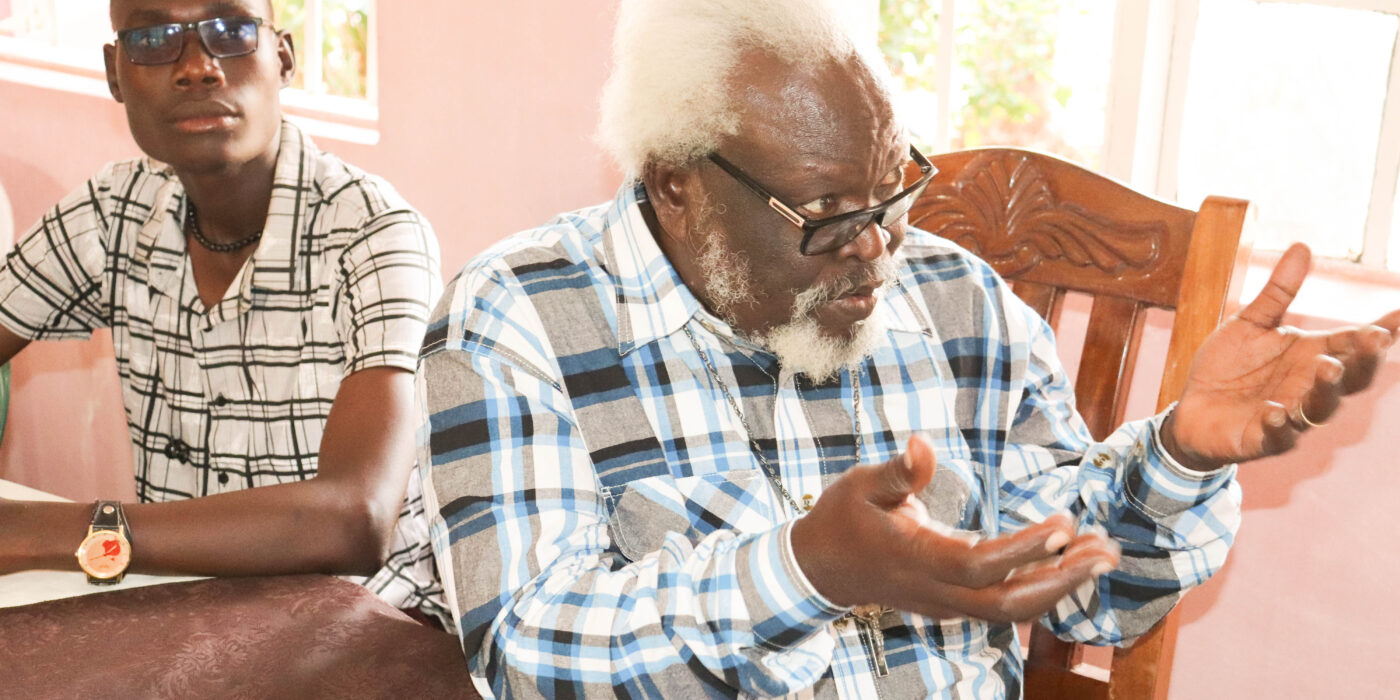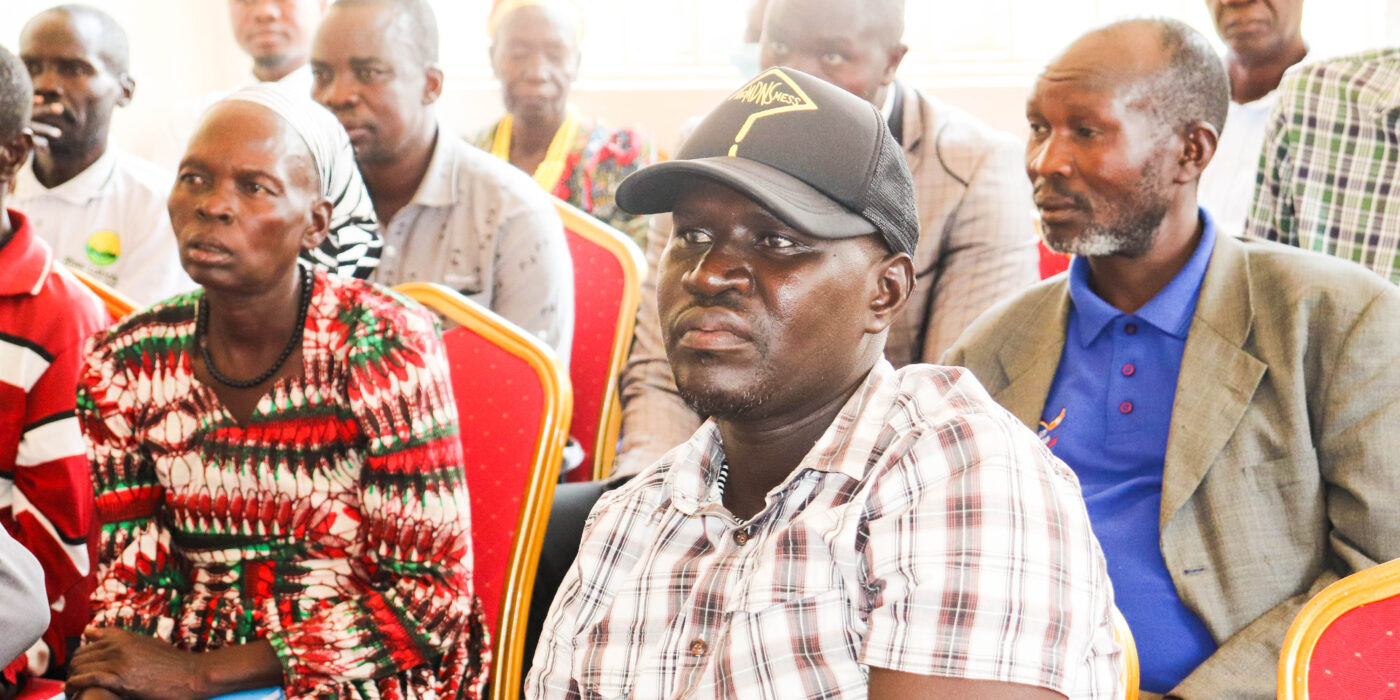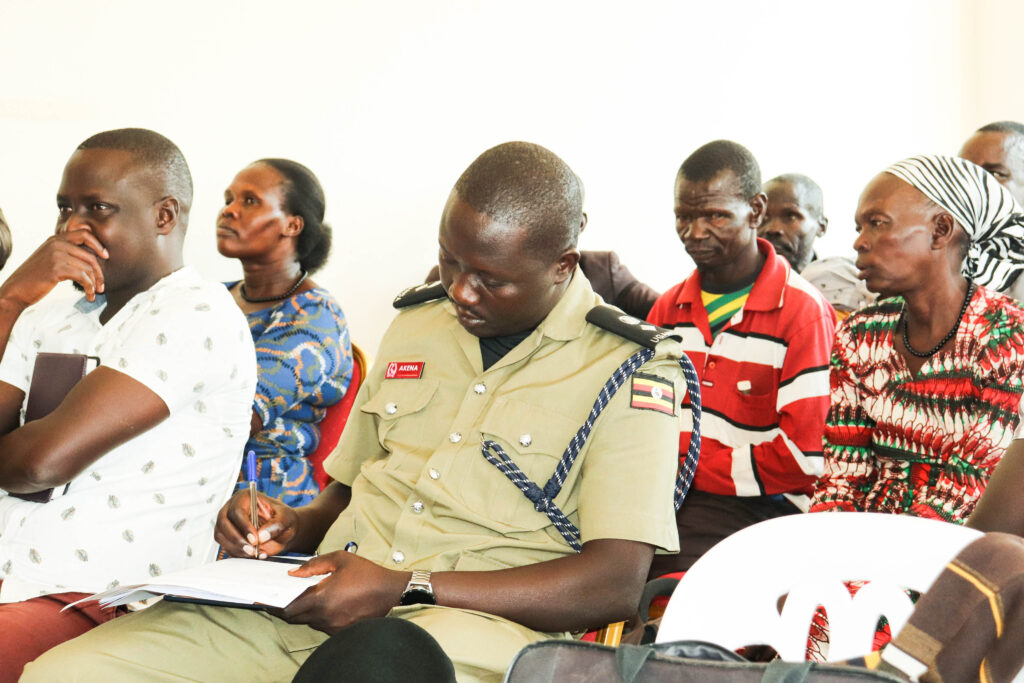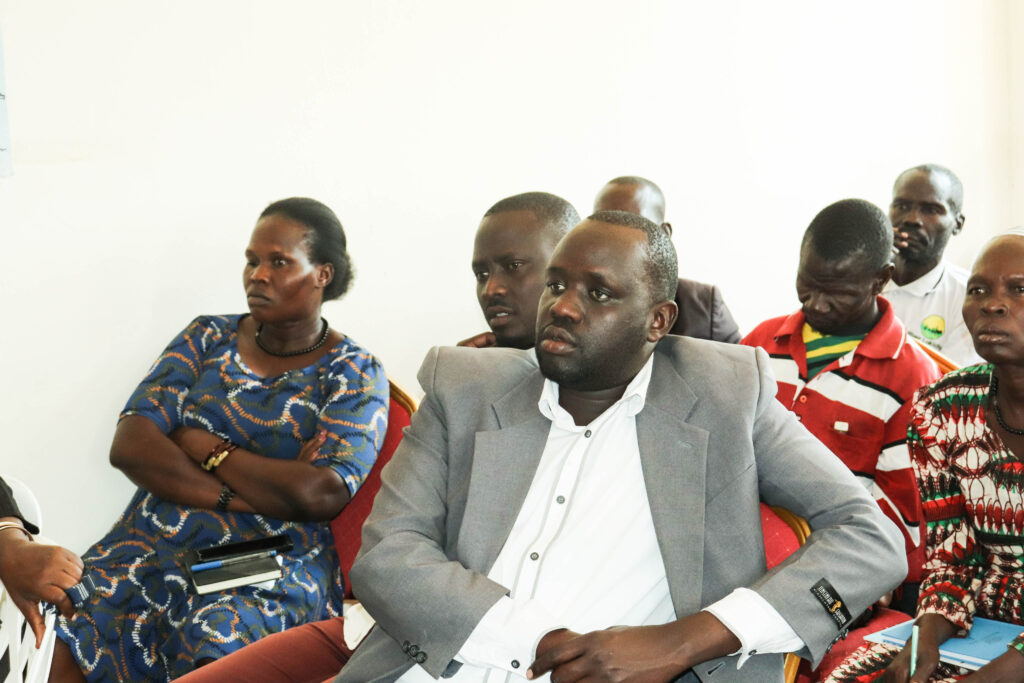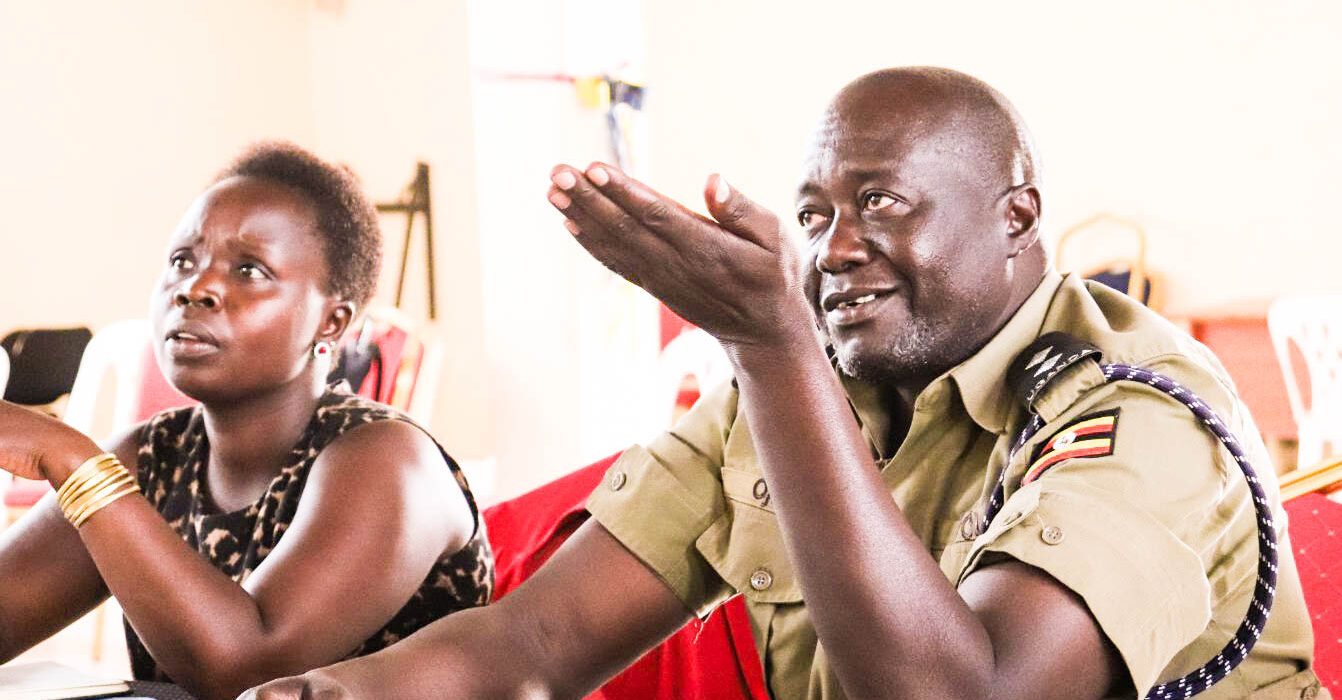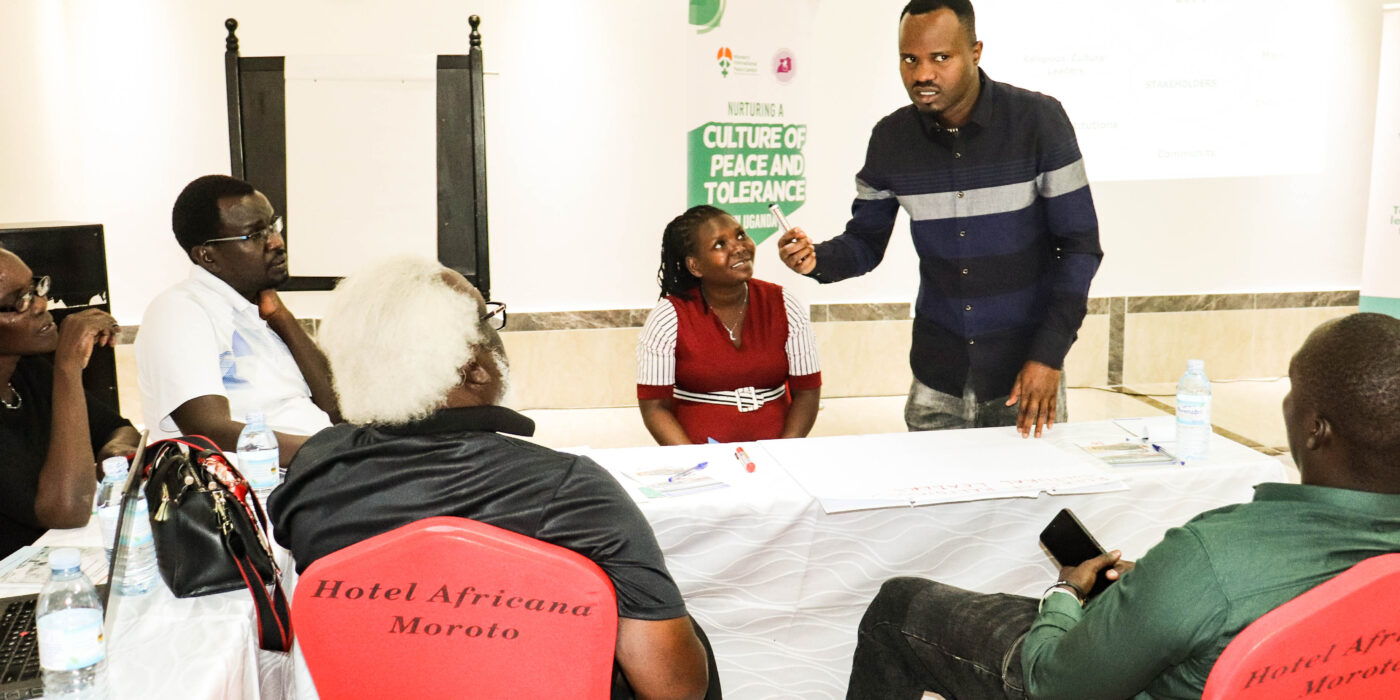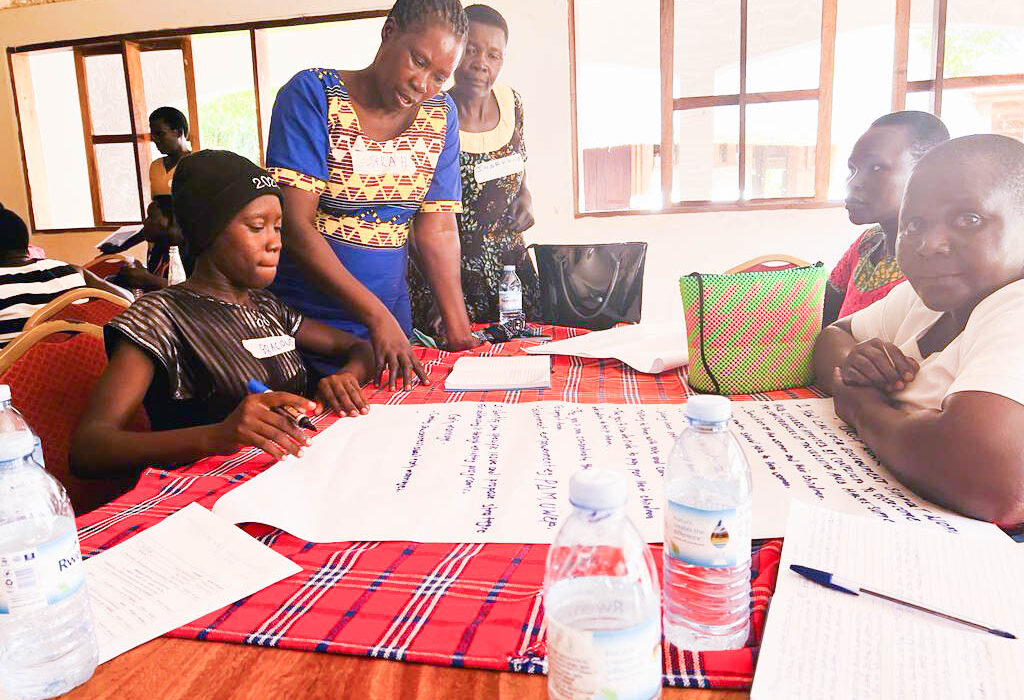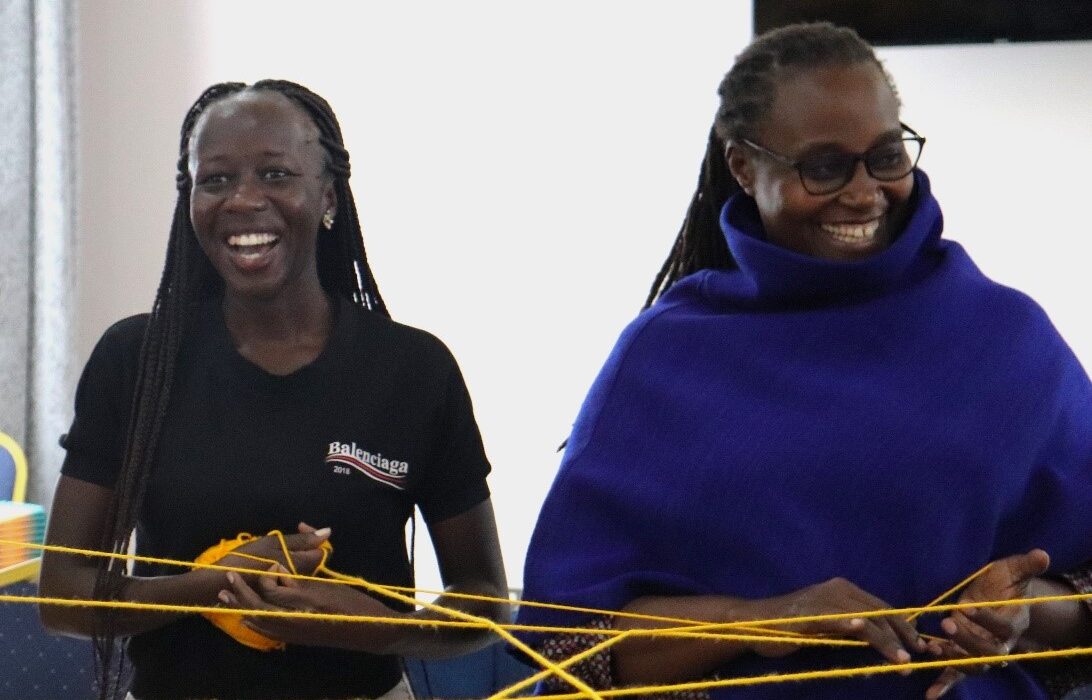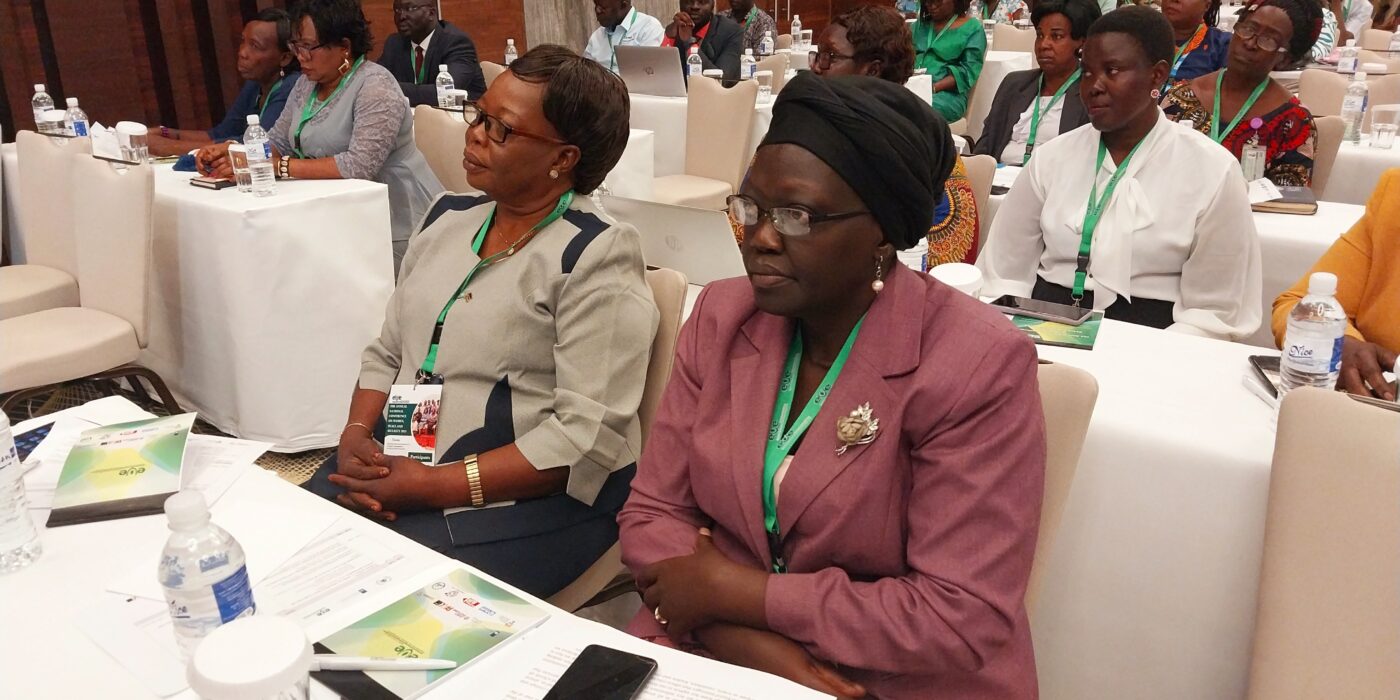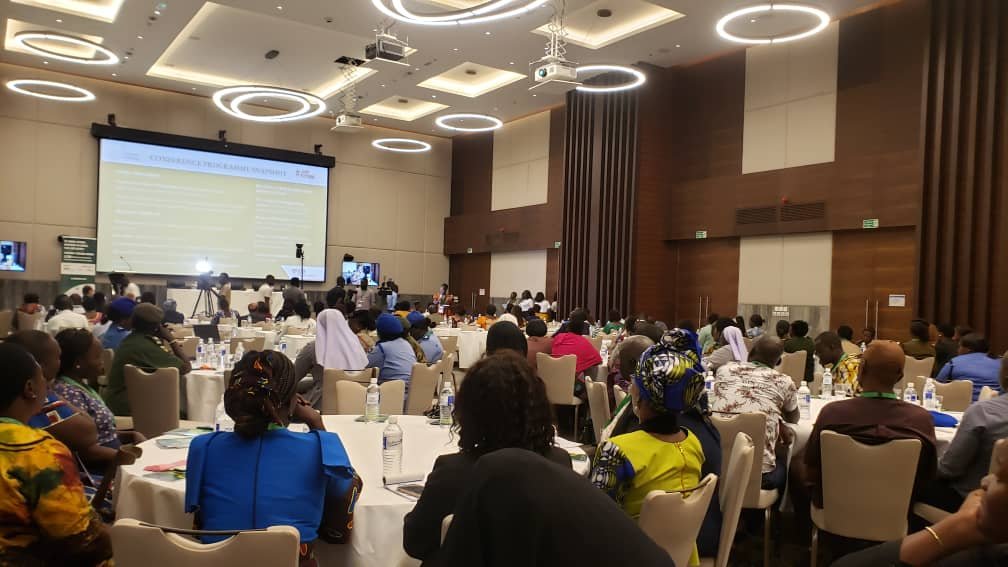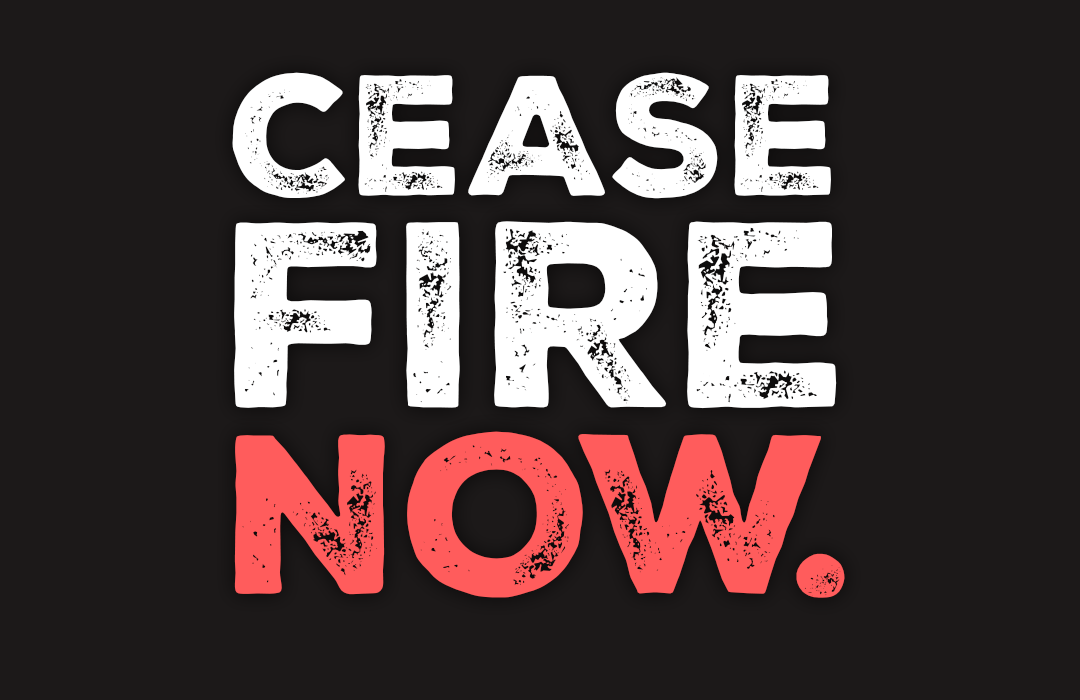Moroto District Stakeholders Validate Local Action Plan on Women, Peace and Security
The validation meeting, held on January 25th, 2024, brought together a diverse array of stakeholders to critically review and refine the LAP, marking a pivotal moment in the district’s journey towards sustainable peace and prosperity.
Attended by religious leaders, cultural representatives, civil society organizations, and key government officials, the validation meeting aimed to incorporate feedback from a broad spectrum of voices, ensuring that the LAP accurately reflected the aspirations and priorities of the Moroto community.
Central to the validation process was the refinement of the LAP’s goal and strategic objectives, which were tailored to address the specific challenges faced by women, youth, and vulnerable populations in Moroto District. The LAP’s strategic objectives were meticulously defined, emphasizing the district’s commitment to reducing livestock theft, cases of gender-based violence (GBV), conflict over natural resources, and enhancing food security at the household level by 2029.
Furthermore, stakeholders proposed strategic interventions aimed at strengthening peace initiatives, GBV systems, resource conflict prevention, and early warning mechanisms. These interventions were carefully crafted to align with the district’s priorities and resources, ensuring their feasibility and effectiveness in addressing key challenges.
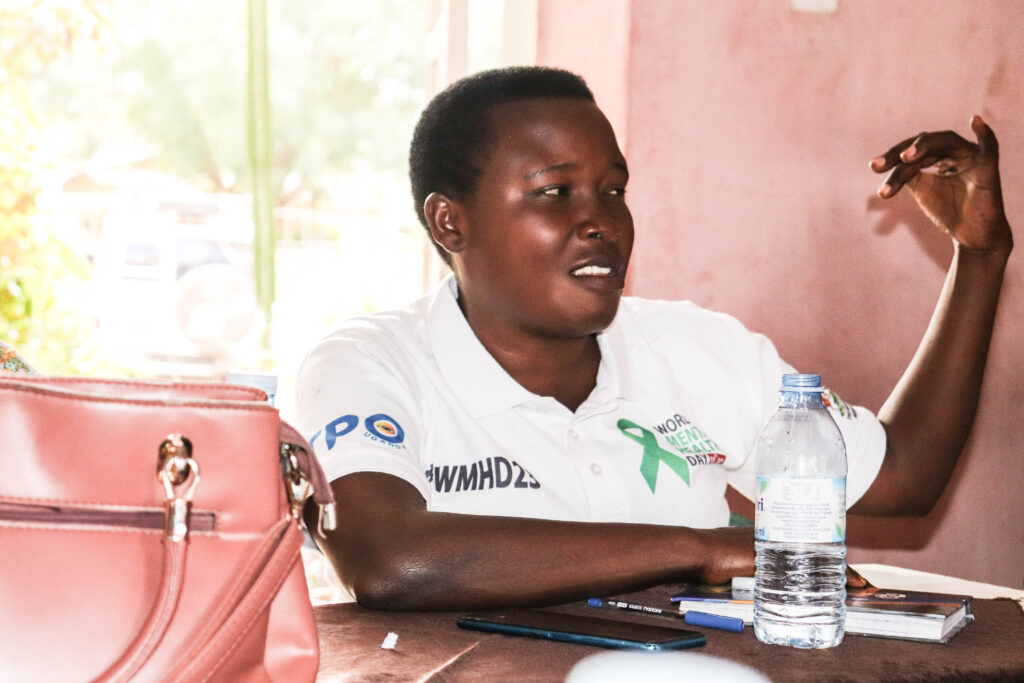
The validation meeting also provided an opportunity for stakeholders to make valuable recommendations for enhancing the LAP’s impact and implementation. From mainstreaming messages on the dangers of livestock theft to advocating for compulsory formal education for all children, stakeholders underscored the importance of holistic approaches to peacebuilding and community development.
Looking ahead, the validated LAP will undergo further review by the District Technical Planning Committee (DTPC) and the District Executive Committee (DEC) before being presented to the District Council for final approval. Once adopted, the LAP will serve as a guiding framework for promoting gender equality, peace, and sustainable development in Moroto District.

